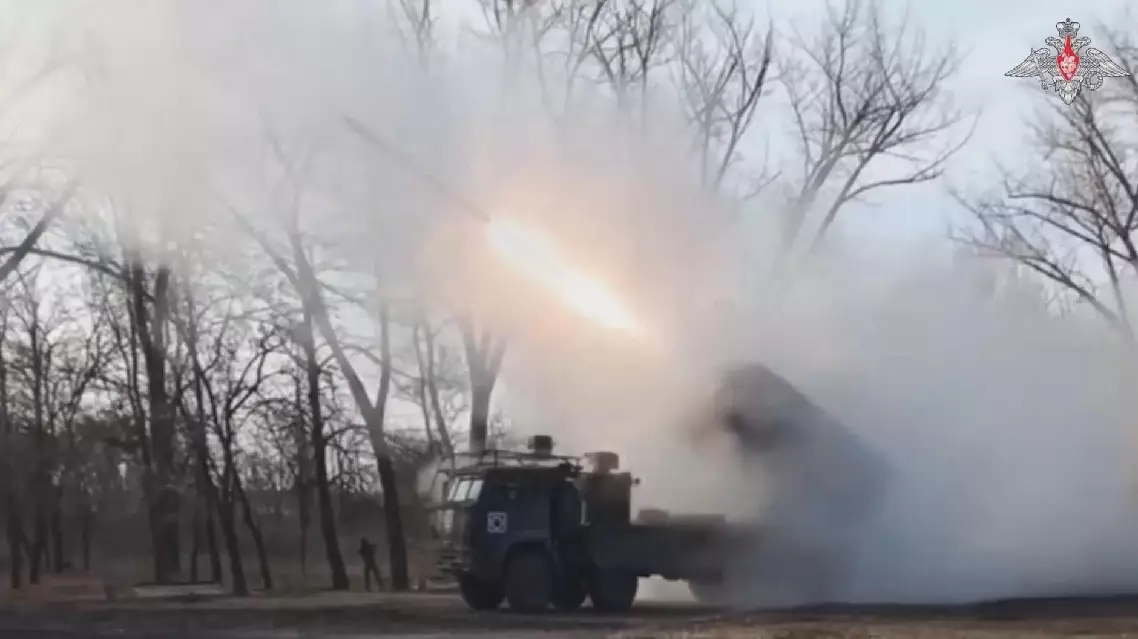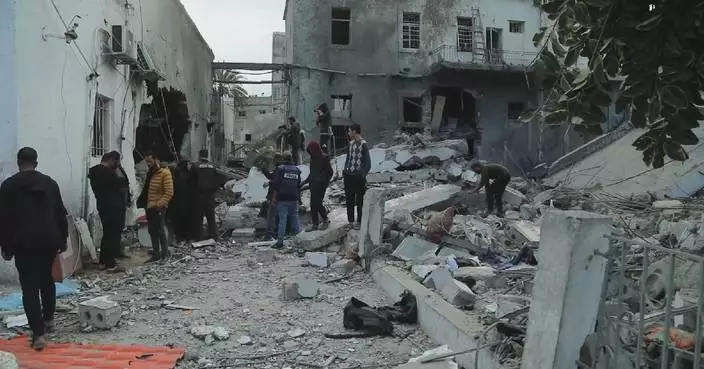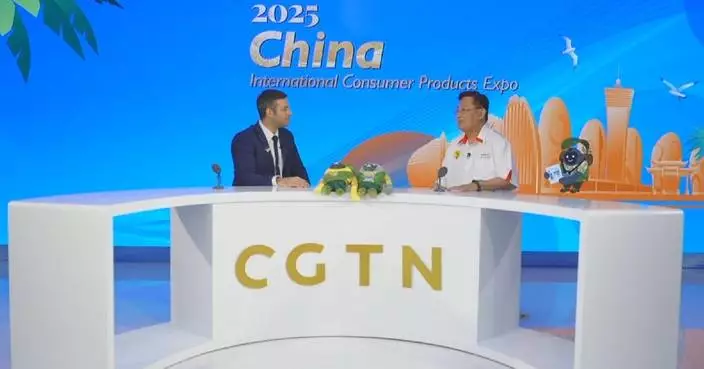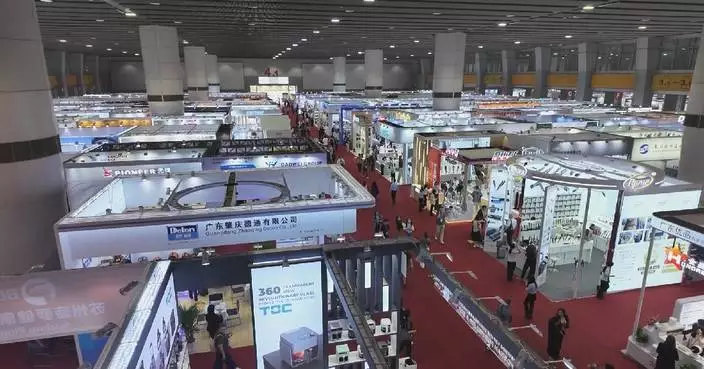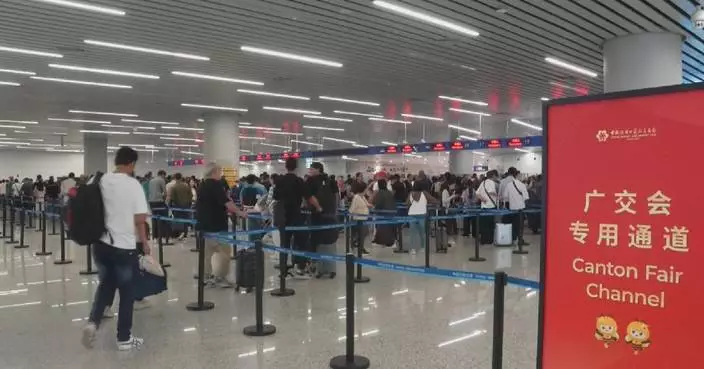The U.S. auto industry is bracing for the fallout from new trade policies, including 25 percent tariffs on the sector, as announced by President Donald Trump’s administration.
Following a 30-day delay, the policies are scheduled to take effect in April, raising particular concerns among businesses and residents in Michigan.
The latest headwind facing the so-called "big three" U.S. auto manufacturers - Ford, Stellantis and General Motors - is tariffs. Many cars and auto parts cross the border multiple times between the U.S., Canada and Mexico. But that system could soon be upended, with tariffs threatening a huge increase in the cost of cross-border traffic.
Jamie Butters, the executive editor of Automotive News and host of the Daily Drive Podcast, said the policies could have a ripple effect on the auto industry.
"It'll start with the parts that become prohibitively expensive, and so then a plant might get shut down, or pause for some period of time. Then all of their supplier plants are going to be shut down too, or working less, and it can really ripple from there," said Butters.
Glenn Stevens Jr., executive director of the trade association MichAuto, stated that reorganizing supply chains is not feasible in the short term.
"The system is very lean. It works in what we call 'just in time,' pulling parts into the assembly plan, just in time to make the vehicle. Nobody's going to make a quick decision on production changes. It doesn't make sense. It's very capital intensive. You have labor issues, you have part approval processes. You can't switch production in a few days, a few weeks, or even a month. It takes time to make these changes," said Stevens.
A few miles away in Dearborn, home to Ford's Rouge Factory, locals unwind at a neighborhood bar. Some here support President Donald Trump's "America First" policy, but many are worried about their jobs.
"I think the potential impact is great in this community, particularly because of the auto industry, but also because of the price we're going to have to pay for produce and everything else coming in," said Sharon Dulmage, a Dearborn resident.
It may take some time before the full impacts of the tariffs on the auto industry become clear. But experts warn that the potential fallout will likely be felt across many industries, throughout Michigan.
According to a recent study by Fitch Ratings, Michigan's economy would likely be the hardest hit of all U.S. states from the tariff fallout, with 19 percent of its imports coming from Canada, Mexico and China.
"You take out a manufacturing plant, it's thousands of jobs. It's probably 10,000 jobs with the suppliers that serve that. And then all of those people, you know, they buy groceries and homes and cars and movie tickets, and they're going to be dialing back," said Butters.
"We already have a market that's very competitive, and so anything that puts a dampening on that overall production demand, you know, if the consumer pulls back on spending, if prices became too, too high in the vehicle showroom, we as an industry, don't want that," said Stevens.
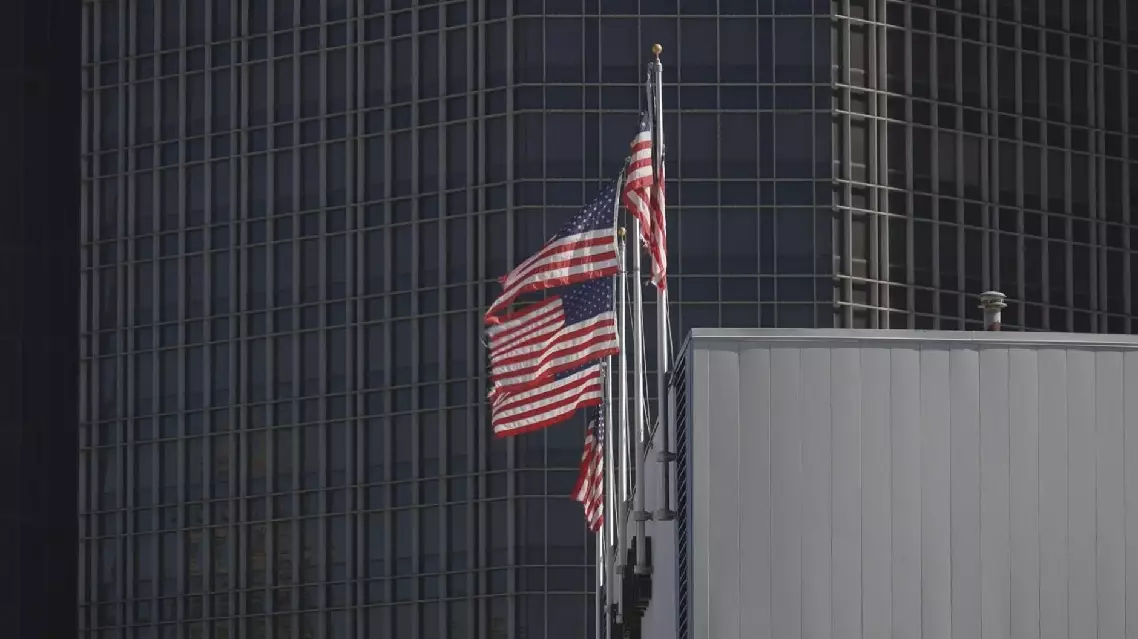
U.S. auto industry faces turmoil as new tariffs threaten supply chains, job cuts
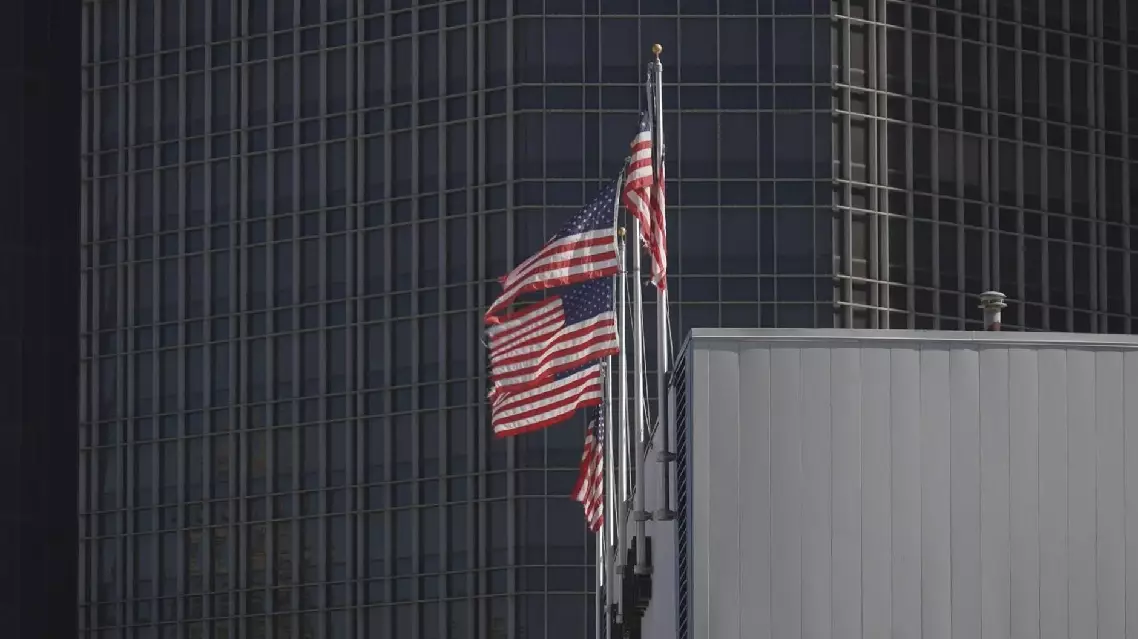
U.S. auto industry faces turmoil as new tariffs threaten supply chains, job cuts



